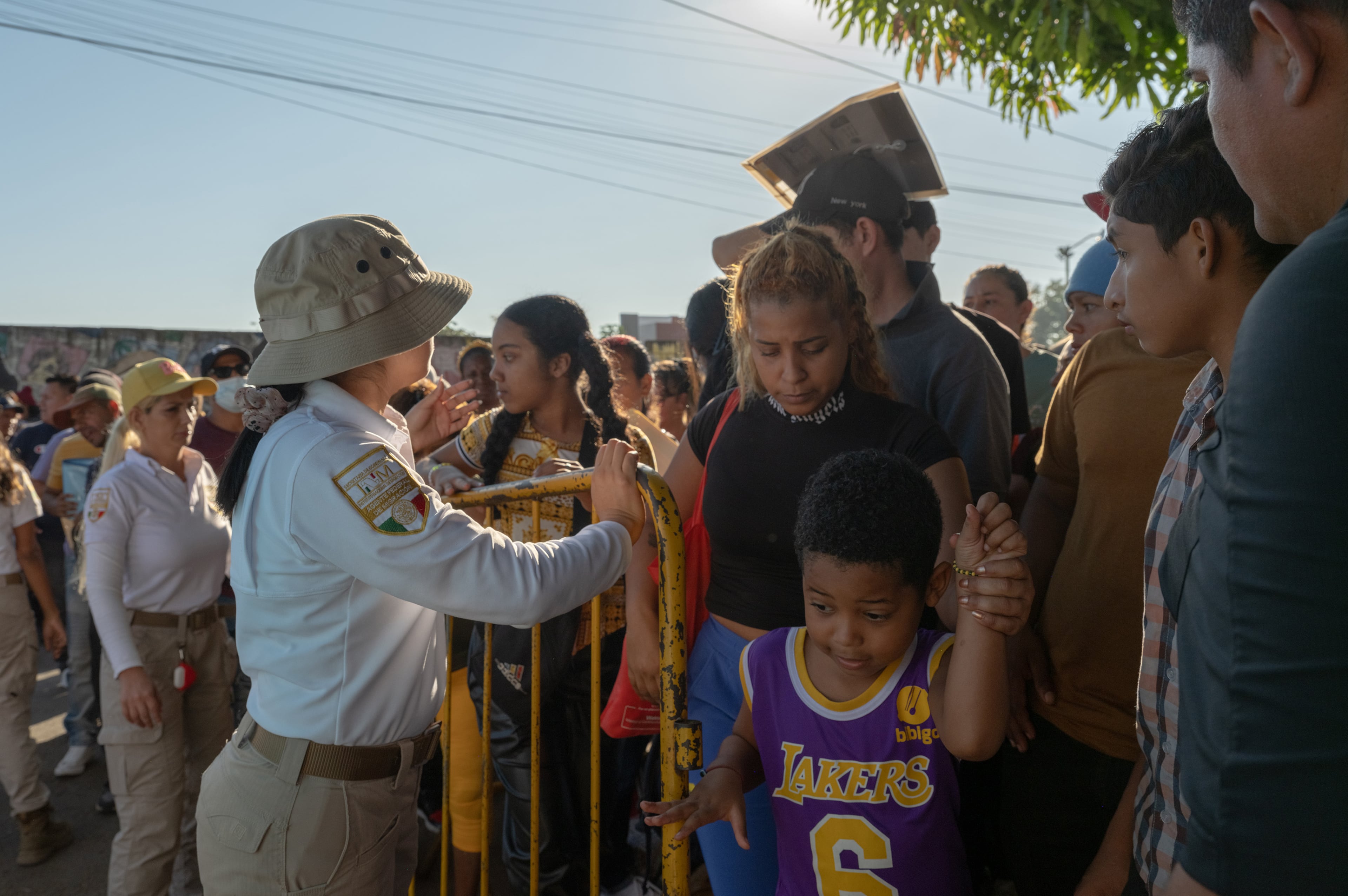Lessons from the Clotilda, the last known slave ship in America
In July 1860, just a few days after Americans celebrated the country’s independence, a schooner slipped into Alabama’s Mobile Bay, carrying 110 captives. Their first exposure to the land of the free was a life of bondage.
In the 165 years since the arrival of the Clotilda, the last known slave ship to reach America, descendants of the survivors have fought to keep stories of their ancestors intact.
“When my ancestors, Pollee (Kupollee) and Rose (Rosalie) Allen, arrived … they were outcast by both white and Black people,” said Jeremy Ellis, the Atlanta-based former president of the Clotilda Descendants Association. “They were considered barbaric because they spoke their native language. They had to stick together; that was part of their survival.”
Ellis said their survival strategies offer a blueprint for how we should all be moving through this moment when American history is being rewritten. Building home with community, having strong faith and exercising the right to vote are ways the Clotilda Africans looked to the future during a period of great uncertainty, he said.
But another part of moving forward is correcting the historical record and holding accountable the people who perpetuate harm through their words and actions.
The descendants’ struggle to reclaim the narrative of their ancestors came to a climax in 2024 as they gathered for the annual Landing Day — an event during the July 4 weekend, which features speeches, awards, and a wreath released in the Alabama River in remembrance of their ancestors.
Last year, during that weekend, the Wall Street Journal published an article amplifying arguments from Erik Calonius, a journalist who continues to assert that the Clotilda slave ship is a hoax.
Much of the written documentation of the Clotilda survivors’ history was lost when Ellis’ grandmother died in 2011, he said. At the time, she was the last living president of the original descendants’ organization founded in 1984.
In 2018, as interest in the Clotilda surged, descendants revitalized the organization. They wanted to be sure the voices of their ancestors were heard.
A year later, scientists confirmed that wreckage in Mobile Bay was the Clotilda. The ship had been scuttled and burned after returning to Alabama. Its rediscovery led to widespread media coverage.
I visited the Africatown Heritage House in 2023, a museum located just north of downtown Mobile. Historians and curators were adding the final touches to an exhibition that tells the story of the Clotilda survivors and their founding of Africatown.
The Clotilda Africans were mostly Yoruban, children and teenagers captured from what is present-day Benin. Clotilda shipbuilder William Foster traveled to Ouidah, the second most important slave port in Africa, where he selected youth for transport to America. On arrival, the enslaved children would be delivered to the men who plotted and paid for their illegal voyage.
The trans-Atlantic slave trade had been outlawed in 1808 and declared piracy in 1820. But America’s slave-based economy pushed Southern planters and Northern businessmen to put their differences aside and invest in human trafficking that would grow their wealth.
Calonius had written about a different slave ship called the Wanderer, which illegally transported more than 400 slaves to Jekyll Island on Georgia’s coast in 1858. “The Wanderer: The Last American Slave Ship and the Conspiracy that Set its Sails” was published in 2006 a year before historian Sylviane A. Diouf published “Dreams of Africa in Alabama: The Story of the Last Africans Brought to America.”
Suddenly, two slave ships were vying for status as the last one to arrive in America.
In subsequent years, Calonius doubled down on the idea that the Clotilda Africans and Africatown founders were, in fact, passengers of the Wanderer who had been sent from the Georgia coast to Alabama, a theory that would jibe with his recounting of history.
But to believe Calonius’ claims, we must also believe that a range of experts, including historians, anthropologists and scientists, have all been duped.
As early as 1914, local historian Emma Langdon Roche wrote about the Clotilda and included sketches of the schooner’s hull peeking out of Mobile Bay at low tide.
In 1927, anthropologist Zora Neale Hurston recorded the first-person account of Clotilda survivor, Cudjo Lewis. The story, “Barracoon,” was finally published in 2018.
Following the scholarship of Diouf, in 2008, historian Natalie S. Robertson published findings from her 15 years of field research on the Clotilda’s voyage.
And in 2024, historian Hannah Durkin added an exhaustively reported account of the Clotilda survivors to the mix. “Survivors of the Clotilda: The Lost Stories of the Last Captives of the American Slave Trade,” a book Calonius admitted he hadn’t read, addressed many of his doubts.

Durkin, an expert in African diasporic art and culture, carefully documents the captives of the Clotilda by name and tracks their movements throughout different counties, an effort Calonius did not make in his reporting on the Wanderer. He also hasn’t bothered to dig deeper in the 20 years since his book was published.
If hubris is the reason for Calonius’ continued denial of the existence of the Clotilda, it is merely representative of the danger confronting us right now in this country.
There is danger in the inability to accept accountability when we are wrong.
There is danger in clinging to erroneous information when presented with contradictory evidence.
There is danger in denying the expertise of others to further our own goals.
This is the true threat to our past and our future, and another lesson we can learn from the Clotilda survivors.
Read more on the Real Life blog (www.ajc.com/opinion/real-life-blog/) and find Nedra on Facebook (www.facebook.com/AJCRealLifeColumn) and X (@nrhoneajc) or email her at nedra.rhone@ajc.com.



